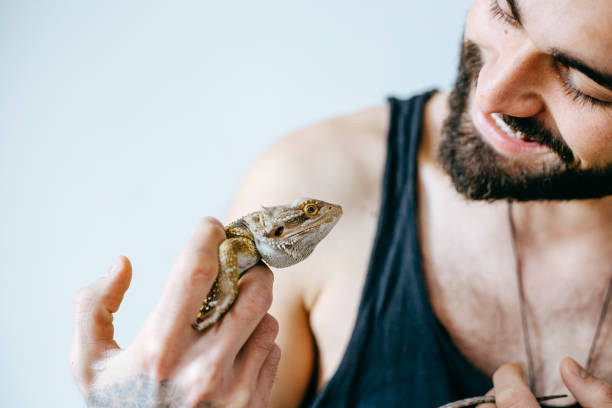Thinking about getting a pet? Discover how to choose the perfect pet for your lifestyle, personality, and living situation with this expert guide.
Focus Keyword: choosing the right pet

Getting a pet is an exciting milestone — one that brings joy, companionship, and a touch of adventure into your life. However, it’s not a one-size-fits-all decision. Just like people, pets have unique personalities and needs. So how do you make the right choice?
In this guide, we’ll walk you through how to choose the ideal pet based on your lifestyle, living space, daily routine, and long-term expectations. By the end, you’ll have a clear idea of which pet could be your perfect companion.
Step 1: Assess Your Lifestyle
Before falling in love with a pair of puppy-dog eyes or a fluffy kitten, take a moment to reflect on your daily life.
Key Questions to Ask:
- How much time can you realistically dedicate to a pet each day?
- Do you live in a house or an apartment?
- Do you travel often or work long hours?
- Are you active and outdoorsy, or more home-oriented?
- Do you have allergies or young children?
Step 2: Understand Pet Personality Types
Different animals — and even breeds — have vastly different temperaments.
Dogs
- Great for active individuals or families
- Require daily walks, play, and training
- Some breeds (like Labs or Border Collies) need high activity levels
Cats
- More independent than dogs
- Perfect for apartment living
- Need mental stimulation and a calm environment
Small Animals (rabbits, hamsters, guinea pigs)
- Lower maintenance but still need daily care and enrichment
- Ideal for small spaces and gentle kids
Birds
- Social, intelligent, and often vocal
- Need attention and interaction
Reptiles and Fish
- Low-interaction pets but require very specific habitat setups
- Great for those who want a quiet, low-allergen pet
Step 3: Match the Pet to Your Routine
Here’s a quick cheat sheet to help you choose:
| Lifestyle | Recommended Pets |
|---|---|
| Busy professional | Cats, fish, or reptiles |
| Active & outdoorsy | Dogs (retrievers, shepherds, mixes) |
| Small apartment | Cats, small rodents, reptiles |
| Family with kids | Dogs, rabbits, guinea pigs |
| Allergies | Hypoallergenic dogs, reptiles, fish |
Step 4: Consider Long-Term Costs
It’s not just about the upfront cost. Every pet comes with ongoing expenses:
- Food and treats
- Veterinary care
- Toys and enrichment
- Grooming (especially for long-haired pets)
- Housing (cages, tanks, crates, etc.)
For example, a dog can cost between $1,000–$3,000 annually depending on size and health needs.
A: Cats, guinea pigs, or small fish are generally low-maintenance and beginner-friendly.
A: Adoption is a great option to give a home to pets in need. Reputable breeders are another route, especially if you want a specific breed.
A: If you can commit time, budget, and emotional energy to a living being every day — you’re on the right track.
Final Thoughts
Choosing the right pet isn’t just about what you want — it’s about what’s sustainable and kind for both of you. When chosen thoughtfully, a pet becomes more than a companion; they become family.
Whether you go for a playful pup, a curious cat, or a chilled-out turtle, the right match will enrich your life in unforgettable ways.
Want more guidance? Subscribe to our newsletter for weekly pet tips!

Leave a Reply